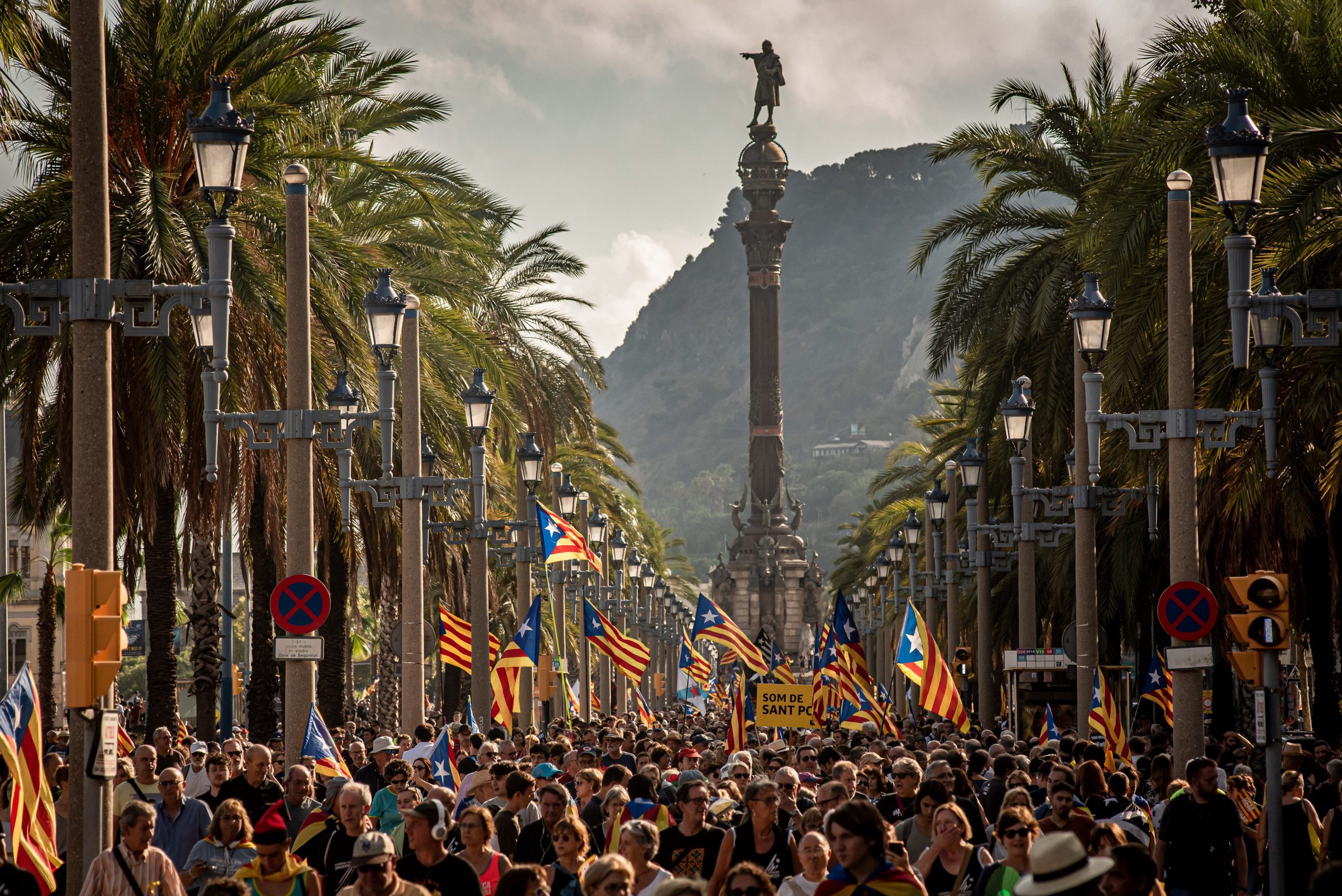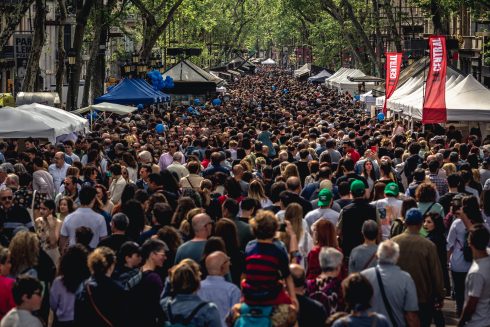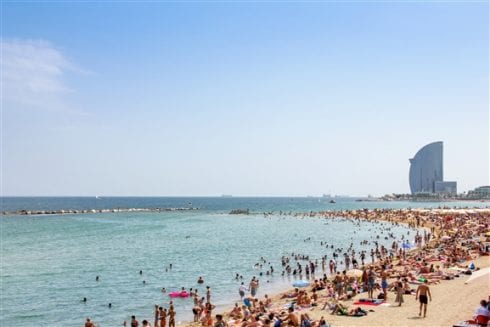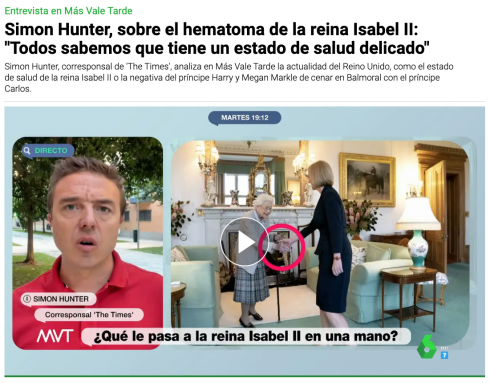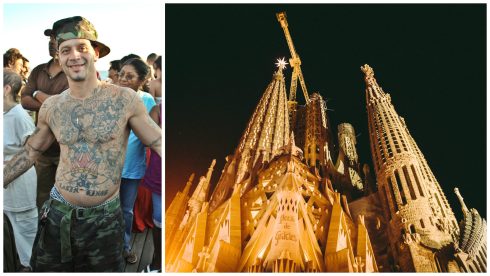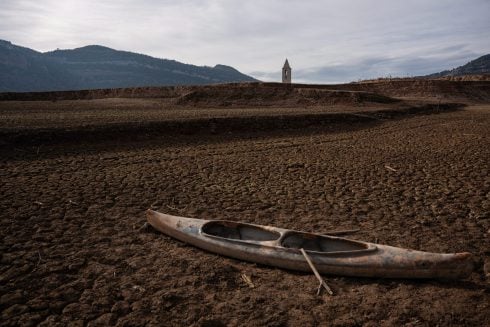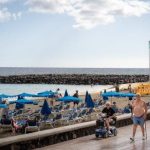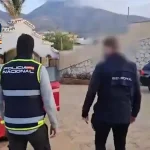Around 150,000 people took to the streets of Barcelona on Sunday September 11, to celebrate “la Diada”, often described as Catalonia’s National Day, and to protest for independence for the northeastern region from Spain.
Unlike in previous years, however, the chants among the crowd were openly hostile to the Catalan regional government, which is run by a coalition of the pro-independence Catalan Republican Left (ERC) and Junts per Catalunya (Together for Catalonia) parties.
Shouts were heard during the march calling on the regional government to quit, and to “deliver independence or call elections”. Notably absent from the march were the regional premier, Pere Aragonès of the ERC, as well as his ministers, on the understanding that the protestors were going to be hostile to his administration.
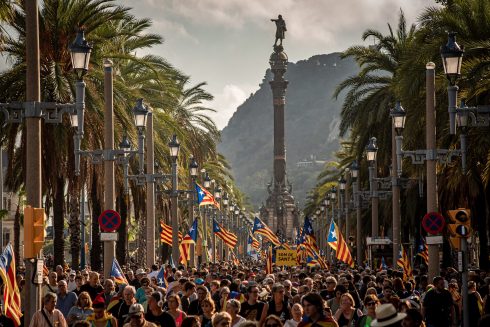
There have been tensions between the two parties over recent years as to how to continue the quest for independence. Junts has traditionally pushed for unilateral secession from Spain while ERC prefers dialogue – in fact, Spanish Prime Minister Pedro Sánchez has committed to talks between the central government and the Catalan administration in a bid to find solutions to the long-running conflict.
According to organizers, there were 700,000 people at the march, although the local police put the figure at 150,000.
The pro-independence event was organized by the Catalan National Assembly (ANC), a grassroots civic organization that played a key role in the independence drive that culminated in a 2017 illegal referendum on a breakaway. At that vote, police officers violently beat regular citizens, leading to headlines, photos and videos that shocked the world and posed major questions about the actions of the then-Popular Party central government and its handling of the situation.
Subsequently, there was a unilateral declaration of independence by the Catalan administration based on the positive result of the referendum, which was not held with proper guarantees. This prompted the central government to intervene in the region via Article 155 of the Constitution, sacking the administration and calling new elections.
Some Catalan politicians, such as then-premier Carles Puigdemont, fled Spain to avoid trial, while others – along with leaders of civic associations such as ANC – stood trial in the Supreme Court and were jailed. Last summer nine of the politicians were pardoned by the central government and released from custody. PM Sánchez said at the time that his decision came from “the need to reestablish coexistence”.
READ MORE:
- Jihadist arrested in Spain’s Girona ‘had plans to carrying out terrorist attack in Catalunya’
- Toddler killed by giant hailstone as storm strikes Catalunya in northeastern Spain
- Italian mafia boss mistakenly released in 2020 is arrested in Spain’s Catalunya region

